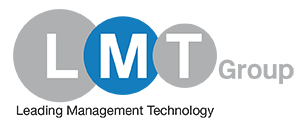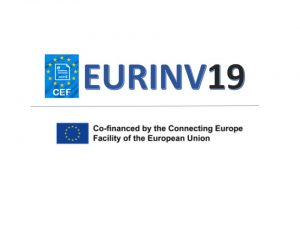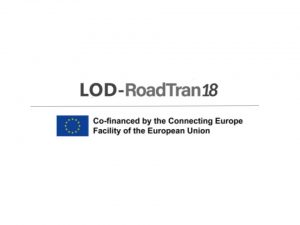
Thanks to the support of the CEF eInvoicing Building Block, three local authorities in Ireland have been recently able to adopt eInvoicing, paving the way for other Irish public and private entities to spread the use of eInvoicing and thus benefit from the processes of digitalisation.
This progress has been the result of the work done by a Consortium of Irish entities that has developed the CIUS (Core Usage Invoice Specification) to help these local authorities.
As a quick reminder, a CIUS is an adjusted version of the standard that, according to the requirements and specifications of the entities, let them comply with the European eInvoicing standard EN 16931, assuring at the same time the cross-border interoperability. That means that an invoice created following a given CIUS will always be compliant with the European standard.
Find more about the above described achievement in Ireland here.
This context could be of major interest for the partners of our EURINV19 Action (Adopting the European Standard by using consolidated eInvoicing cloud platforms), especially our Irish partner Trinity College, end-user for the implementation of a EN conformant eInvoicing solution. The Consortium of this project is working to update the eInvoicing cloud platforms of 5 relevant EDI providers, namely NetEDI (UK), Crediflow (Sweden), Qvalia (Sweden), Transalis (UK) and Easy Systems (Netherland), to be fully compliant with the European eInvoicing standard (EN 16931); and additionally supporting the implementation of EN conformant eInvoicing solutions for 4 end-users, namely Trinity College (Ireland), Tatra Billing (Slovakia), Carrefour (France) and Althea (UK).
To know more about EURINV19, co-funded by the European Commission – HaDEA (CEF Telecom program, 2019‐EU‐IA‐0037), please visit its official website: http://cef.uv.es/eurinv19.

The content of this publication is the sole responsibility of LMT Group and does not necessarily reflect the opinion of the European Union.


